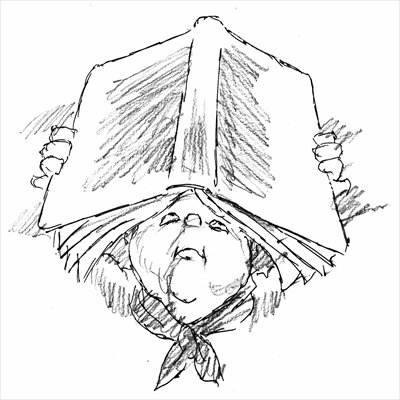Writing a new chapter in Chinese literature

Chinese-born author Han Suyin died in Switzerland on Friday aged 95, bringing an end to an eventful life in chronicling China's turbulent 20th century history.
Westerners are probably most familiar with her 1952 novel A Many-Splendoured Thing that inspired a Hollywood film. But my bookshelves feature her five-volume autobiography that tells her own story and that of China before liberation, as well as books she wrote on the country's development during frequent trips home.
Born to a Chinese father and Belgian mother, Han was able to write well in English and French with all the proper cultural nuances.
So, who will take her place? That, I fear, will not be easy. There are many fine writers in China, but most rely on translation to get their messages across to the outside world.
I teach translation and interpretation skills, and for some years have been heavily engaged in editing Chinese books to be published in English.
What is often not well understood by translators is that their work is not a mechanical task of substituting an English word for a Chinese one. Instead, one has to deeply understand the target audience and take the "ideas" of the original and express them in suitable language for maximum understanding.
Thus, a translator needs to be a skilful writer and not just someone with a wide vocabulary.
This, I believe, is one reason China has failed to make much impression on the international book market, Mo Yan's Nobel Prize for Literature not withstanding.
Not long ago, a Beijing publishing house asked me to edit a proposed anthology of Chinese children's stories for the international market.
Reading the rough translations, however, it was obvious that many of the stories would not strike a chord with young Western readers raised on Harry Potter et al.
I tried to put myself in their shoes, remembering my childhood reading habits, and did some heavy rewriting.
Alas, the publisher soon became nervous of the commercial potential of the project and finally abandoned it. This was a pity, as youngsters introduced to Chinese literature in the right way might retain an interest into adulthood - with good results in greater Western understanding of China.
I recall when I first arrived in Beijing in the early 1990s spending hours in the Sanwei Bookstore in Xicheng district. I bought translated novels and collections of short stories by a new generation exploring China's modern history. Many deserved recognition on a broader stage, but seemed to lack good marketing.
At that time, too, there was a wonderful quarterly magazine, China Literature, published in English. I took out a subscription and avidly devoured each issue, with a perfect mix of novellas, short stories, prose, and articles on painting and other fine arts.
The editor was the late Yang Xianyi, who, with his English wife Gladys, formed a team of translators of Chinese literature virtually without parallel.
Tragically, driven by the 21st century insistence on "everything must make money," the magazine was closed down because it was unprofitable.
Now, more than ever, such a platform is needed to promote good writing to a foreign audience and spread the word that China has something important to say in the literature field.